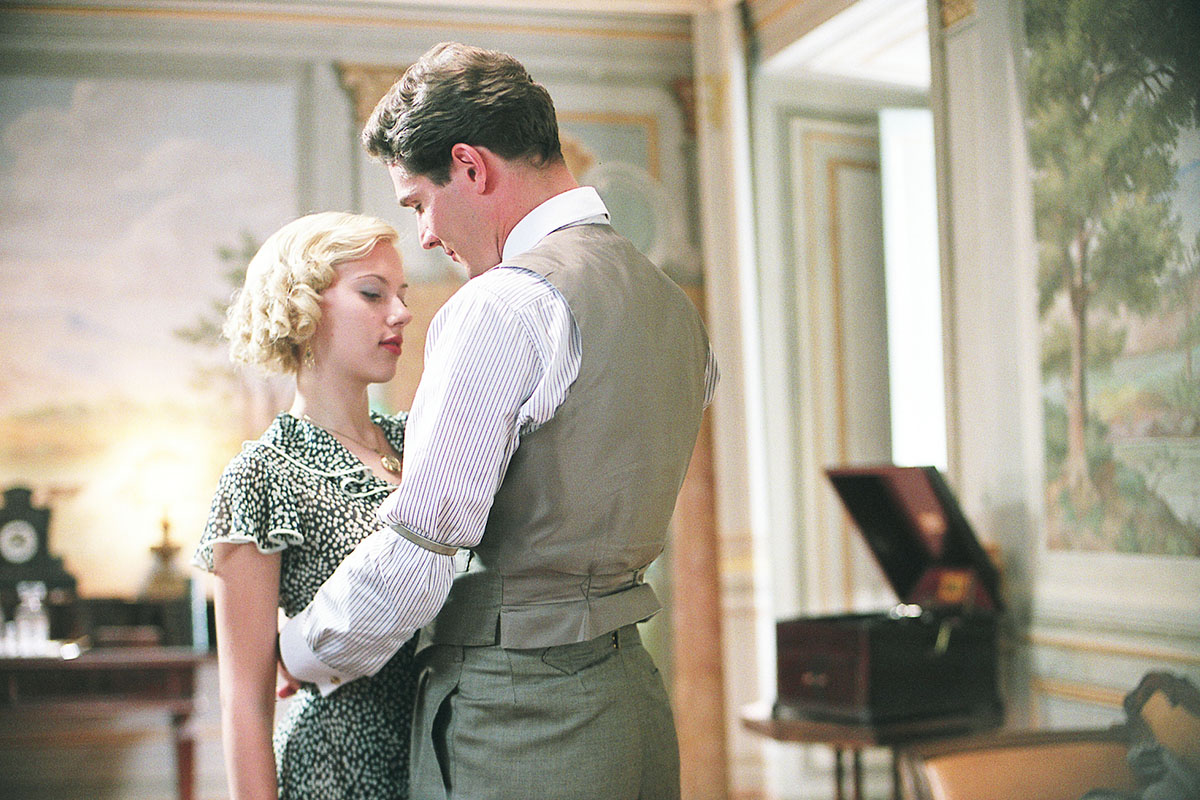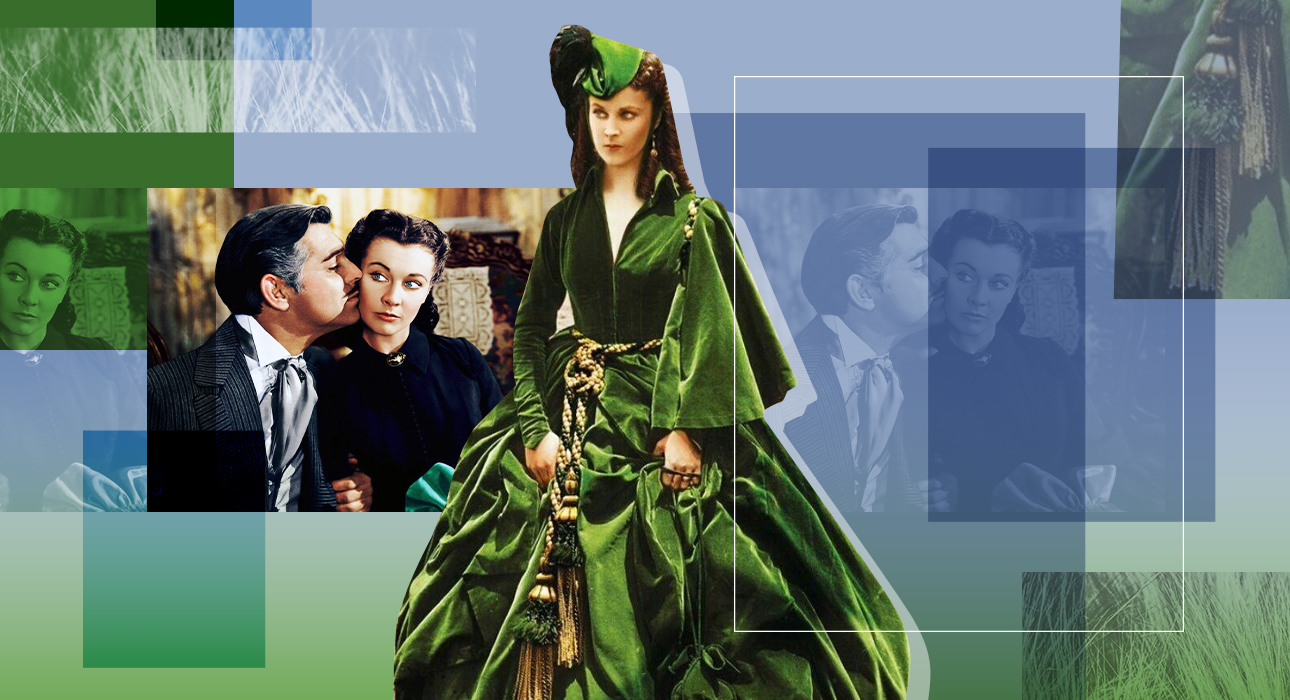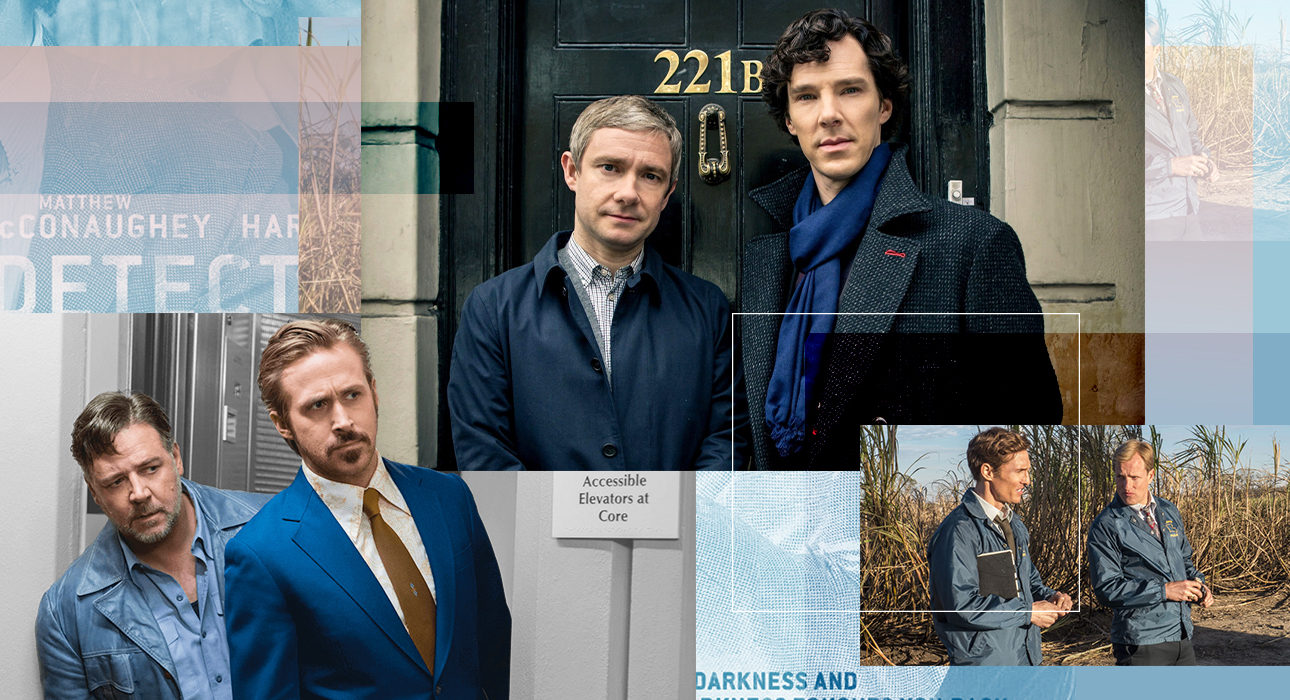Each person has his own image of an ideal partner, and it rarely coincides with a real person. But somehow we tend to get used to both advantages and disadvantages. However, there are people who are not only selective in choosing a partner, but are literally obsessed with the desire to bring him to perfection. After all, we all remember the fairy tale about how a beauty turned a beast into a handsome prince by the power of love. It goes without saying that everyone’s favorite movie “Pretty Woman” shows how you can turn from a sex worker into a real lady. The story itself seems romantic, but in life it is rare for a person to radically change his personality as easily as a suit.
What is behind our desire to change our partner? Why don’t we choose someone who meets our standards instead of traumatizing the soul of our other half?
Psychologist Elena Yarikova answered these questions specifically for The Fashion Vibes. She explained what the Pygmalion complex is, how it differs from the Rosenthal effect, and also explained the reasons for the behavior of such people and told how to cope with the consequences of those who are in similar relationships.

Elena Yarikova, psychologist
What is the Pygmalion complex?

Many have heard of the Pygmalion (Rosenthal) effect – this is when thoughts and expectations determine our subsequent actions. Another thing is the Pygmalion complex, which is in no way connected with the phenomenon of the same name. Its essence lies in the desire to remake a person according to one’s own concepts and standards, and in a rather authoritarian way.
The complex got its name thanks to the legendary king of Cyprus, Pygmalion (according to another version – just a sculptor), who was demanding of the opposite sex, so not a single earthly woman met his expectations. It was very difficult for the picky king to find his other half. Then he created a statue with his own hands, representing his ideal woman. He was very tormented by the fact that his love was understandably one-sided. Then the goddess Aphrodite took pity on the king and revived the statue.
The story was given a second life in the play Pygmalion by British playwright Bernard Shaw. Audrey Hepburn starred in the film adaptation of My Fair Lady. In the story, phonetics professor Henry Higgins bets a friend that within six months he can cure street florist Elizabeth Doolittle of her terrible Cockney accent and introduce her to society as a duchess. The result exceeds all expectations and fascinates him. In fact, there are many similar stories in cinema and literature, and they are always popular.


Of course, it is good that couples can grow together, but sometimes one partner, without realizing it, begins to forcibly change the other. Moreover, claims and wishes concern both internal changes and external characteristics. In the eyes of a person with a Pygmalion complex, it is noticeable that no matter how much the partner changes, his efforts will always be insufficient. The latter will find new reasons for dissatisfaction and will begin to “treat” his other half again and again. Is it necessary to say that Pygmalion inflicts psychological trauma on his partner?
It is important to remember that in family life periodically there are claims or requests to each other, this is a natural development of relations, in this case we will not talk about deviations. The main and main determinant in determining the complex is the frequency, number and intensity of requests.
Why do we want to change our partner?

People with the Pygmalion complex were exposed to the cold attitude of their parents in childhood or grew up in a very strict environment. Self-doubt and a very fragile understanding of one’s own importance are the reasons for the desire to defend oneself and adapt the partner to oneself. This speaks of an immature position and low self-esteem, but with words a person can show his importance and status.
You could even say that they are not living up to their parents’ ideal, but facing that reality is so difficult that they project their own notions of imperfection onto other people, repeating the family script. They were once hurt because they weren’t good enough, but now they are the aggressors themselves, even if they don’t realize it.
It is noteworthy that as soul mates, “educators” choose partners who are weaker than themselves, otherwise they will not be able to manipulate them. As a rule, these are people with the opposite qualities of a beloved parent, with a sacrificial position. Therefore, Pygmalions are attracted to partners who have different behavioral patterns than themselves. That is, the correct and cold Pygmalion does not choose a partner like himself, but rather a free, intelligent and easy-to-communicate person. At the beginning of a relationship, this difference attracts, fascinates and makes you fall in love. However, Pygmalions do not know how to build equal relations and respect the personal boundaries of the other half, so over time the “educator” begins to carefully pay attention to “flaws” at first, then more and more edifyingly demands to change this or that quality. Thus, the partner permanently adapts to his own standards and expectations.
What should you do if you or your partner is Pygmalion?

This model of interaction is one of the ways of toxic behavior. It is not easy to live with a person who is always dissatisfied, so people with weak willpower, who prefer to remain silent and do what they are told, are chosen as partners, so as not to provoke a conflict.
First of all, you must understand that there is a problem and that the problem will grow even if all the requirements are met. The second step is to understand whether you want to stay in such a relationship and whether you have the courage and strength to leave it. You may want to try to save the relationship. Remember that you cannot solve the problem alone, because the effect of psychotherapy also requires the participation of your Pygmalion partner; unfortunately, he does not always see the problem in the relationship first, and secondly, it requires the participation of your partner. Maybe I am not ready to admit to myself that I am wrong.
Source: People Talk
Errol Villanueva is an author and lifestyle journalist who writes for The Fashion Vibes. With a passion for exploring the latest trends in fashion, food, travel, and wellness, Errol’s articles are a must-read for anyone interested in living a stylish and fulfilling life.





